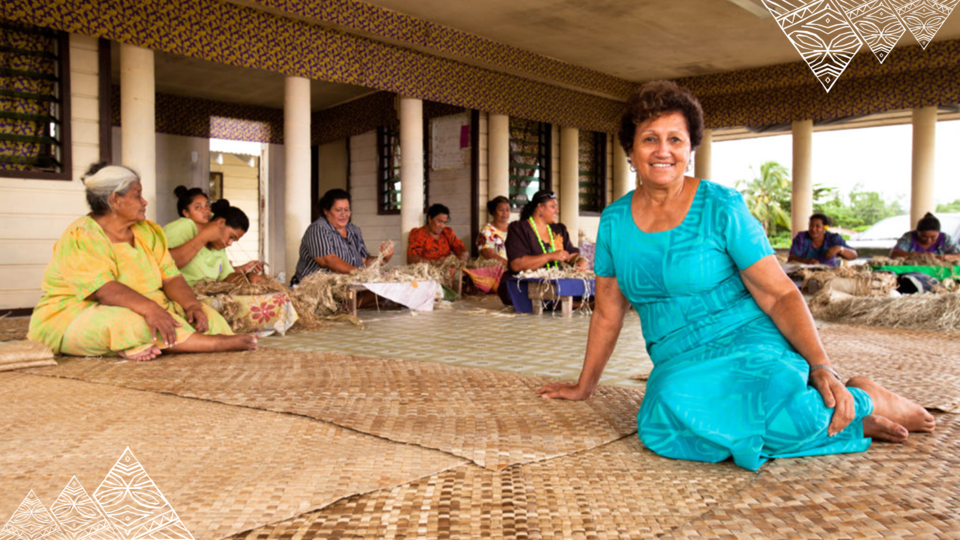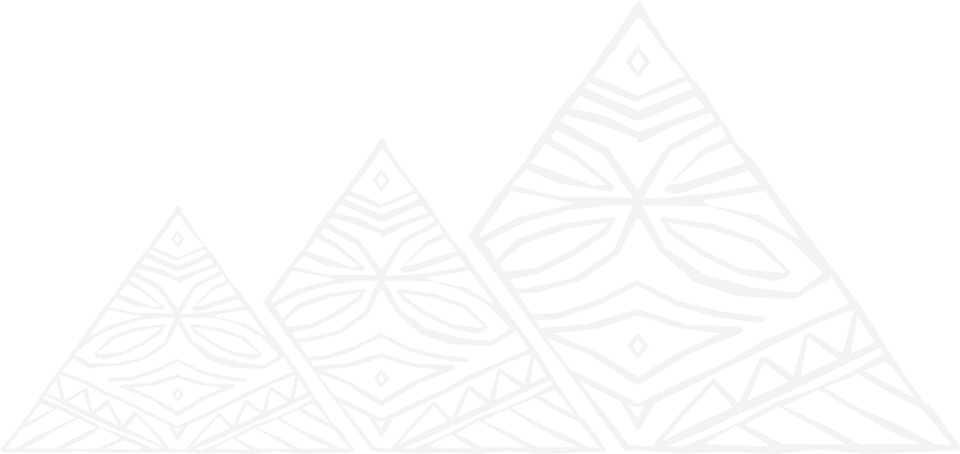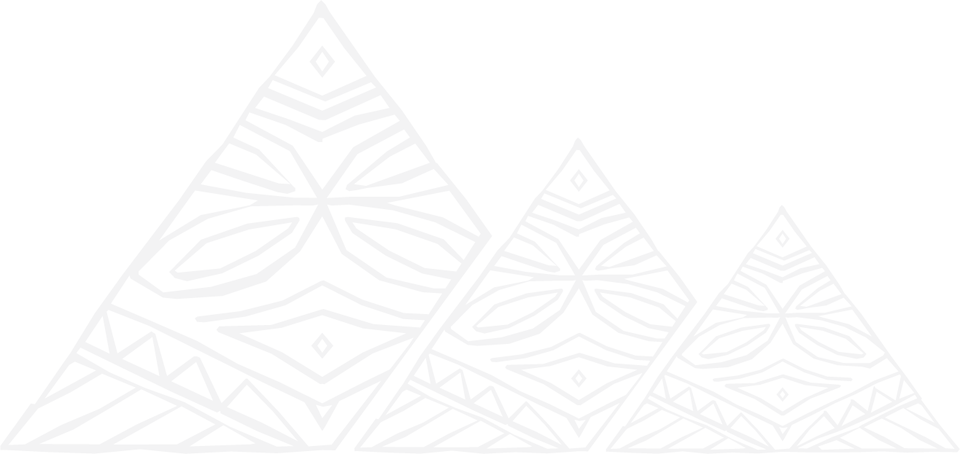
Our
Origins
Urban
beginnings
WIBDI was established in 1991 as the 'Women in Business Foundation', initially to meet the needs of urban women by promoting and advancing the economic and business status of the women of Samoa. Around this time, Samoa suffered back-to-back cyclones that devastated food and cash crops. This was followed in 1993 by a taro leaf blight that completely wiped out Samoa’s staple food and main export product. These challenges motivated the founding group of seven women to reassess their focus and reach out to those women suffering because their incomes had been greatly reduced or totally eliminated by these events.
They initially encouraged women to use their talents to supplement the incomes earned by their husbands or in many cases of subsistence producers, to become the sole cash-income earner for the family. To provide markets for the products of these women WIBDI conducted monthly market days, which became so popular they are now almost a Samoan way of life.
A rural
renaissance
begins
Realising that most of the hardships were being felt by those living in rural villages and recognising the need to provide skills-based training to these women to improve quality and marketability of their products, WIBDI changed its name and focus in 1995. We became Women in Business Development - the focus being on small business development and preparing WIBDIs clients to establish and maintain their own income generation projects through providing training programs in the rural areas. Linked to the training programmes were opportunities to generate much-needed cash and links to markets - key elements missing in most training programmes at the time.
The projects that have grown through WIBDIs support have created village economies, which in the past had totally relied on remittances. This is creating a changing dynamic. It is also empowering village populations who previously had not felt the need to generate their own income and as a result they live in a cash economy and yet were totally unprepared to deal with the realities involved.
WIBDI continues to focus on the village economies. Quantifying women’s weaving and creating job opportunities in the sponsoring of fine mats, and finding simple technologies to produce products for niche export markets are two main activities. These activities allowed the introduction of a micro-finance scheme, which introduces the women and their families to a banking system. They learn how to save and learn about credit discipline.
Accessing
the global market
WIBDI has now also become the conduit for small producers to access the global market. We look for ways to overcome obstacles such as isolation from markets, smallness (impacting on what we can supply) and vulnerability to natural disasters and external shocks.
Our approach has proved to be successful and our members are now involved in producing a diverse range of international products that are earning real income for rural families. We have a flexible approach that is centred on local participation and the learned experiences of our field staff. This allows us to adapt and deal with the problems we encounter.

